Iran nuclear talks: 'Big gaps' remain as deadline looms
 Iran says the sole purpose of its nuclear programme is civilian energy projects
Iran says the sole purpose of its nuclear programme is civilian energy projects
Key sticking points remain as negotiations on Iran's nuclear programme enter their final stages in Vienna, Western negotiators have said.
Both Germany and the US said the sides were working to close "big gaps" ahead of Monday's deadline for a final deal.
US Secretary of State John Kerry is to hold fresh talks on Saturday with his Iranian counterpart Javad Zarif.
Six world powers want Iran to curb its nuclear programme in return for the lifting of United Nations sanctions.
The US, the UK, France, Germany, Russia and China - the so-called P5+1 group - are seeking reassurance that Iran is not trying to build nuclear weapons.
Iran insists its nuclear programme is purely energy-related.

Uranium enrichment: Western states want to reduce Iran's capacity in order to prevent it acquiring weapons-grade material but Tehran is set on expanding it nearly 20-fold in the coming years
Sanctions reduction: Iran wants sanctions lifted immediately but Western states want to stagger their removal to ensure Tehran abides by its commitments
Bomb technology: Iran has failed to explain explosives tests and other activity that could be linked to a nuclear weapons programme and has denied international nuclear inspectors access to its Parchin military site
On Saturday Mr Kerry said: "We're working hard. We hope we're making careful progress, but we have big gaps (...) which we're working to close."
German Foreign Minister Frank-Walter Steinmeier called the negotiations so far "constructive", but added: "That must not mask the fact that there is still a big gap between us in many aspects."
One European source told the AFP news agency that it was now "physically impossible" to reach a full deal in the remaining timeframe. Another anonymous official told Reuters: "Our feeling is that [Iran's negotiators] don't have a lot of flexibility."
However, an Iranian source told the BBC that they remained confident a complete deal was still possible, suggesting the deadline could be extended by a couple of days.
The P5+1 group and Iran reached an interim agreement a year ago. But the two sides failed to reach a lasting deal by July, as initially agreed, and extended the deadline until 24 November.
After meeting Mr Kerry on Friday evening, Mr Zarif said he heard "no new ideas" and had received "no remarkable proposals to take to Tehran".
Iran has been resisting efforts to scale back its nuclear programme for nearly a decade.
Separately, the international nuclear watchdog, the International Atomic Energy Agency (IAEA), is calling on Iran to address its concerns about suspicious military activities that could be linked to a nuclear weapons programme.
On Friday, a senior Iranian official told the BBC the team was expecting to reach an outline of a deal by the deadline and then spend the following seven-to-10 days working on the implementation of it at expert level.
 Former EU foreign policy chief Catherine Ashton (left) is taking part in the talks alongside foreign ministers
Former EU foreign policy chief Catherine Ashton (left) is taking part in the talks alongside foreign ministers- January 2012: IAEA confirms Iran is enriching uranium to levels of up to 20%, an important step towards making it weapons-grade
- June 2013: Reformist-backed cleric Hassan Rouhani wins presidential election, raising hopes for deadlocked nuclear talks
- November 2013: Iran and world powers reach interim deal to curb programme; deadline for final agreement set for July 2014
- January 2014: Some Western sanctions eased as Iran uranium enrichment remains at 5%
- July 2014: Deadline extended until November 2014
UK Foreign Secretary Philip Hammond called on Iran to show "flexibility". At the same time, he warned: "We have a long way to go if we are to get to a deal before the deadline."
However, Russian Foreign Minister Sergei Lavrov said that "all the elements are already on the table" as long as there was "political will".
The deal being sought by the world powers is not directly linked to the IAEA's investigation of Iran.
However, the US has said in the past that Iran must address the watchdog's concerns if it expects a comprehensive agreement in the talks.
IAEA chief Yukiya Amano said Iran had not "provided any explanations that enable the agency to clarify the outstanding practical measures".









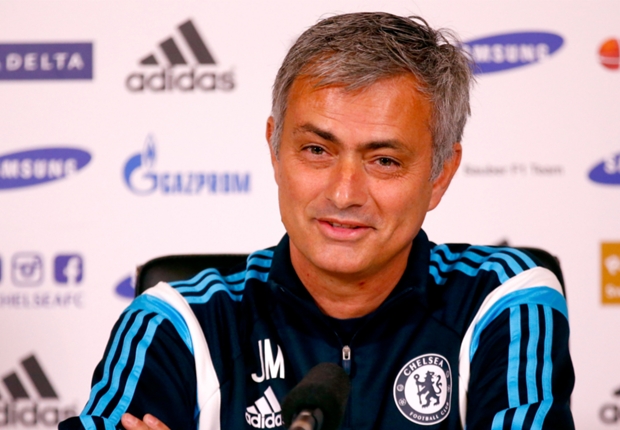
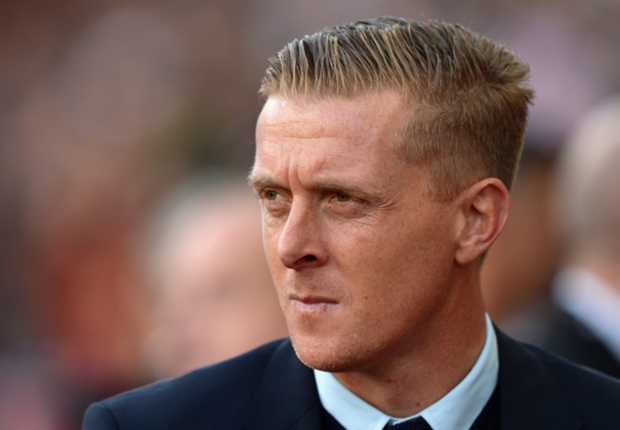

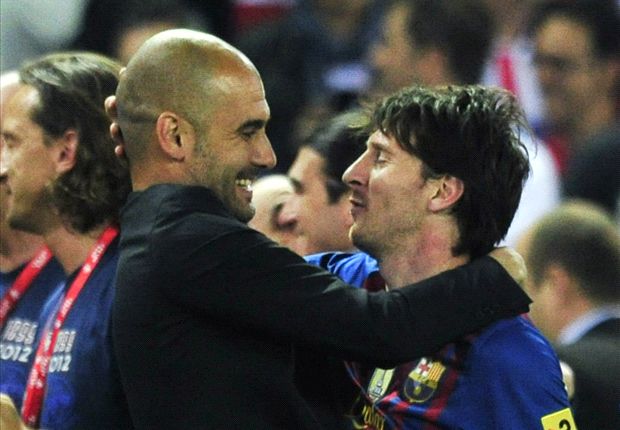
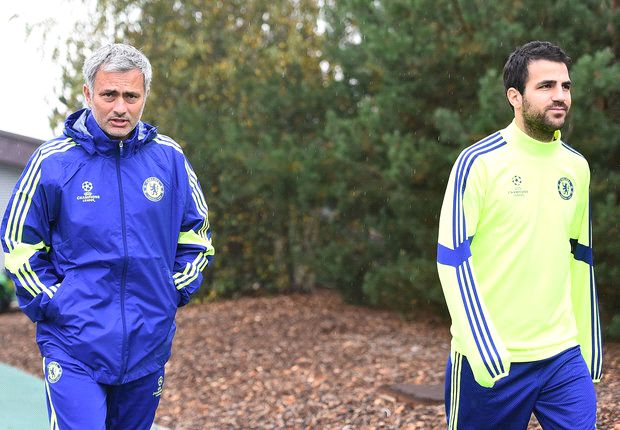
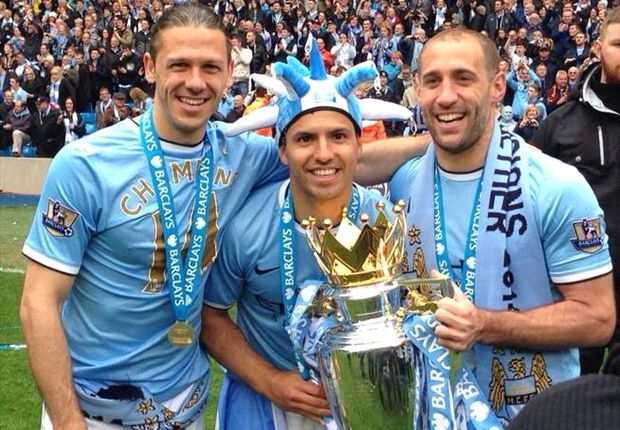
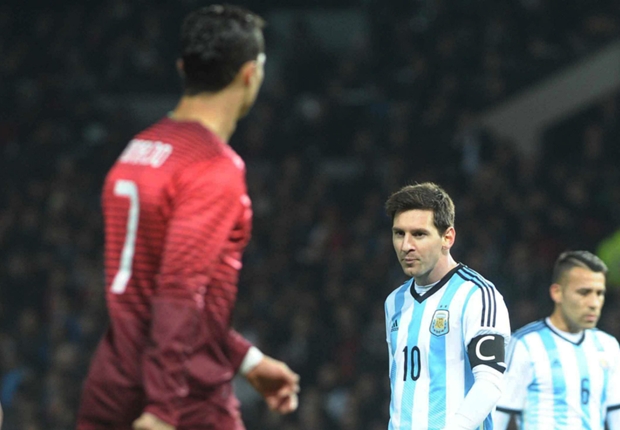
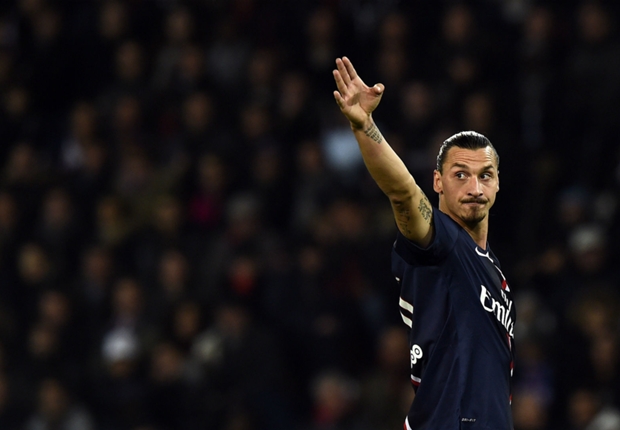
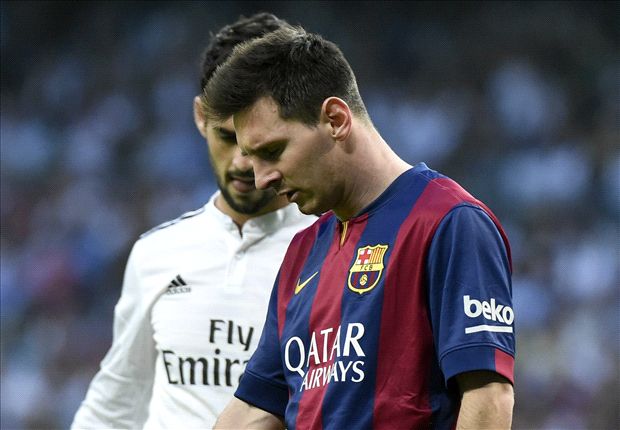

0 comments: